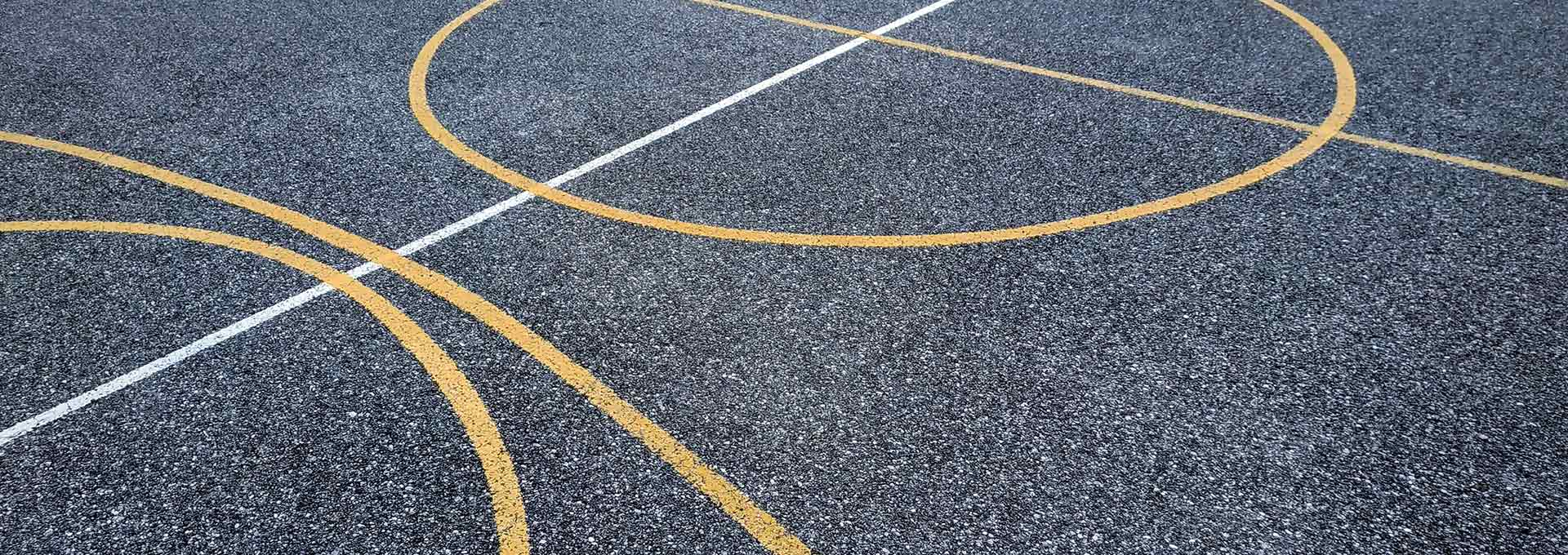
Resources
Seed Grant Awardee: Devoney Looser
Baseball, hot dogs, apple pie, and Chevrolet. What would an alternate version of this advertising jingle be, if it tried to capture another American sport, roller derby?
Thanks to previous funding from ASU’s GSI, I posed that question to the late Jerry Seltzer, aka “Roller Derby Jesus,” son of the creator of roller derby, Leo Seltzer. Leo trademarked “roller derby” in 1935, and Jerry ran the sport from 1958-73.
Barbecue, beer, and Ford, Jerry suggested, after which we had a good laugh, as well as a serious conversation. But the other thing that roller derby was about, from the very first—which makes it uniquely different from baseball—was its powerful female athlete-stars, competing with and alongside men. That history isn’t incidental to roller derby’s becoming one of today’s most inclusive sports for gender non-binary athletes.
It’s a story I’m setting out to tell in book form, researching and narrating roller derby’s 21st-century rebirth as a female-empowerment, DIY sport. Thanks to previous GSI funding, I’ve been working part-time on this book since 2018. It has allowed me to gain access to archival materials that are unique (and unknown) in the world. I’m grateful to the GSI for understanding that a book of 200K+ words—from an expert on the history of women and literature, who is herself a skater—is a long-term project. I’m also grateful for the recognition that projects in the humanities have a low probability of attracting future large-scale external funding.
This project does, however, have the potential to deliver impactful results. I regularly write for popular audiences and give interviews on this topic. Previous GSI funding allowed me to travel to the International WFTDA Roller Derby Championships in Montreal and to interview coaches and skaters at the We Are Nation bout, Team Indigenous vs. Jewish Roller Derby. Derby is a globally innovative sport, with regional, national, and now new boundary-less teams.
If invited to submit a full proposal to the GSI, I would request support for teaching release, to conduct interviews with players and descendants of former players, to complete the full proposal for the book (75+ pages), and to collect archival materials. An editor at Penguin Random House / Pantheon has expressed interest in seeing a full proposal. (Narrative non-fiction books are contracted at the proposal stage.)
I had planned to travel to roller skating/derby museums in Lincoln, NE and Palm Springs, CA. The pandemic has closed these spaces. It’s also put the sport on (hopefully, temporary) hiatus. I anticipate the need to shift my research method from travel to collections to private archive creation. New funding would make that possible.
Most previous books on roller derby are either memoirs (which are fascinating!) or books written for derby insiders. The study I have planned takes a more wide-ranging focus, asking how roller derby sits - comfortably and uncomfortably - alongside movements for social justice in sex, gender, and sexuality, as they intersect with race, age, national, and class.
Last updated April 2021.